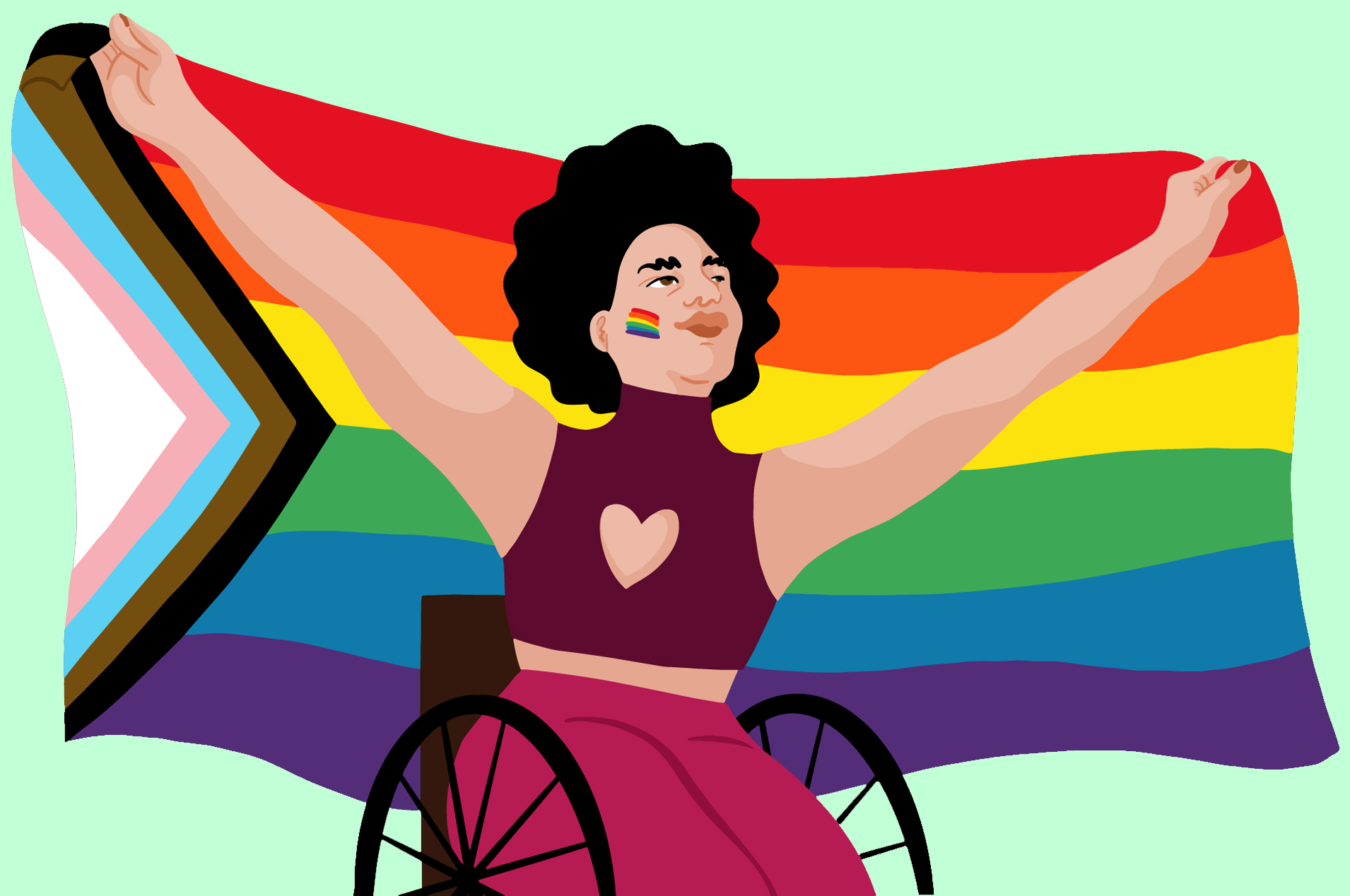Pride Month 2022: Celebrating the LGBTQ+ community
Olympia, WA

June is, the return of warmer weather, the often welcomed beginning of summer and LGBTQ+ Pride Month.
The bias and stigma associated with being social and gender minorities has followed the LGBTQ+ community everywhere — especially into the field of health care. The health sector has a long history of discrimination toward minority groups and a lack of awareness of the LGBTQ+ community’s needs. Until 1973, homosexuality was listed as a disorder in the Diagnostic and Statistical Manuel of Mental Disorders (DSM).
Amid repeated calls for criminalizing the pursuit of gender affirmative action, it’s imperative that sexual and gender diversity be recognized, validated and celebrated.
A coalition of state agency partners, along with the Washington State LGBTQ Commission, is exploring additional changes to make the application more gender-validating.
When Washington Department of Health and Department of Licensing added a third gender option — gender x — the Exchange began working to make Washington Healthplanfinder accessible to gender-diverse individuals. However, due to the nature of health care, having data about customers’ sex assigned at birth is still necessary. In 2020, we updated our system to ask for “sex assigned at birth” as opposed to the person’s “gender” and providing only two choices. And, as of June 1, 2022, Washington Healthplanfinder captures pregnancy details for any household member over the age of 12, regardless of sex assigned at birth.
Transgender and other people with a uterus still have the potential to become pregnant. Since the U.S. medical system has tracked these patients as female, there is no data that exists about how many trans people with uteruses give birth every year. Research suggests unintended pregnancies occur in up to 30 percent of transgender men.
Health care services commonly sought by members of the LGBTQ+ community includes gender-affirming hormone treatment; gender-affirming surgeries, such as chest augmentation and genital reconstruction; behavioral health treatment; and sexual health screenings and treatment. Gender-affirming surgeries may be viewed as “cosmetic” to some individuals, but for many, they are life-saving interventions.
Having health coverage helps LGBTQ+ individuals access the care they need to live their most fulfilling lives.
Learn more:
- The Washington State LGBTQ Commission is a state agency with a 15-person advisory board established in 2019. Every commissioner identifies as a member of the LGBTQ+ community. “Our mission is to improve the government's interface with the LGBTQ community, identifying the needs of its members, and ensuring that there is an effective means of advocating for LGBTQ equity in all aspects of state government (RCW 43.114).”
- Cascade Care plans offered on Washington Healthplanfinder cover essential services, including many of those frequently sought by the LGBTQ+ community. Visit Washington Healthplanfinder to learn more about Cascade Care plans.
